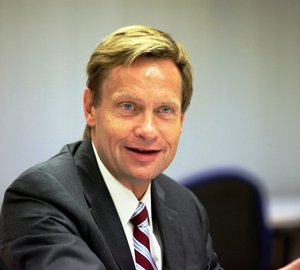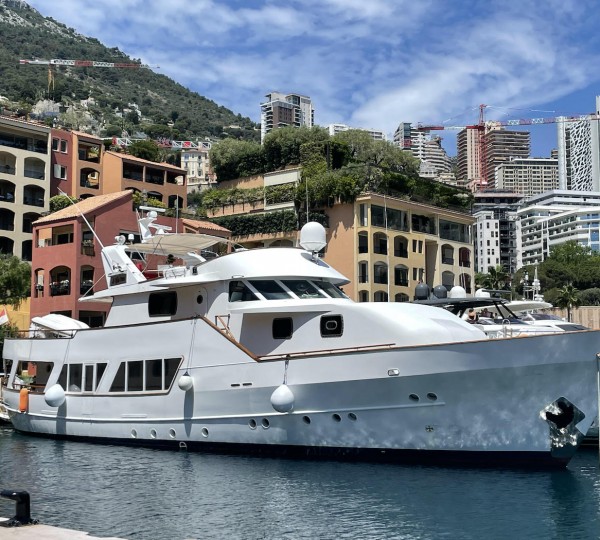University of Southampton-based initiative combined students, faculty and the private sector.
A collegium funded by the Lloyd’s Register Educational Trust (The LRET) has produced four technical papers that the authors hope will spur discussion and further innovation as industry strives to find solutions to the challenges of carbon capture and storage (CCS).
A group of 19 young PhD or post-doctoral researchers were brought to the University of Southampton from countries as far afield as China, Australia, Korea and the US to collaborate on finding potential solutions to the technical and socio-political challenges currently slowing the global expansion of CCS activities.
“There is a growing industry consensus that CCS is part of the solution to global warming. What we also have come to realise is that the challenges facing its development are as much political and social as they are technical, if not more so,” said Richard Sadler, Chief Executive Officer, Lloyd’s Register. “In sponsoring the collegium, the LRET created an environment where the engineers of the future could begin addressing the socio-technical challenges of today. The results were impressive and, as our mandate is to benefit the public, I can think of no better use for LRET funds.”
The scholars presented their findings earlier this month to a panel of leading academics and industrialists chaired by Sadler.
Their subjects included examinations of the potential: to inject liquid CO2 into the deepest ocean pockets off China’s coast; design options for floating thermal power (gas to wire) infrastructure with CCS injection systems; for a ‘Green Town’ pilot city to showcase existing air extraction techniques to remove CO2, transporting it to offshore injection sites and; to inject CO2 into aging or depleted oil and gas reservoirs using offshore wind energy to power electric CO2 injection machinery.
The projects addressed some of the biggest challenges currently facing the CCS industry.
The China project emphasised CCS development in the country which just recently became the world’s biggest source of related emissions; the floating thermal power project potentially eliminated CO2 transportation requirements, prominent centres of cost and risk in current models; the ‘Green Town’ initiative illustrated significant potential to enhance public understanding and support for CCS; and the final project promoted proven technology and exiting sites such as North Yorkshire’s massive Drax power plant and depleted oil and gas reserves in the North Sea to offer pragmatic, lower cost solutions.
After deliberating, the panel chose ‘Offshore Thermal Power With CCS: An Alternative To CO2 Transportation’ as the winning presentation.
The concept, which envisioned using Floating Production Storage and Offloading model infrastructure, was found to have several benefits, including the ability to exploit stranded gas reserves, generate power without having to purchase land and the mobility to help supply to meet demand. Its most important benefit was its potential to eliminate the need to transport CO2 from the point of capture to the storage location.
“This endeavour shows that we can generate solutions to the global problem of climate change through dialogue, analysis and discussions between and amongst the world community,” said Professor Ajit Shenoi, the principal organiser of the event. “The young scholars have identified the ways and means for practical solutions to this challenging problem.”
The LRET Board of Trustees on August 31 agreed to extend the collegium’s funding for two more years.
The reports are available to the public, here: www.lr.org/about_us/lret/collegiumbooks2011.aspx.





















